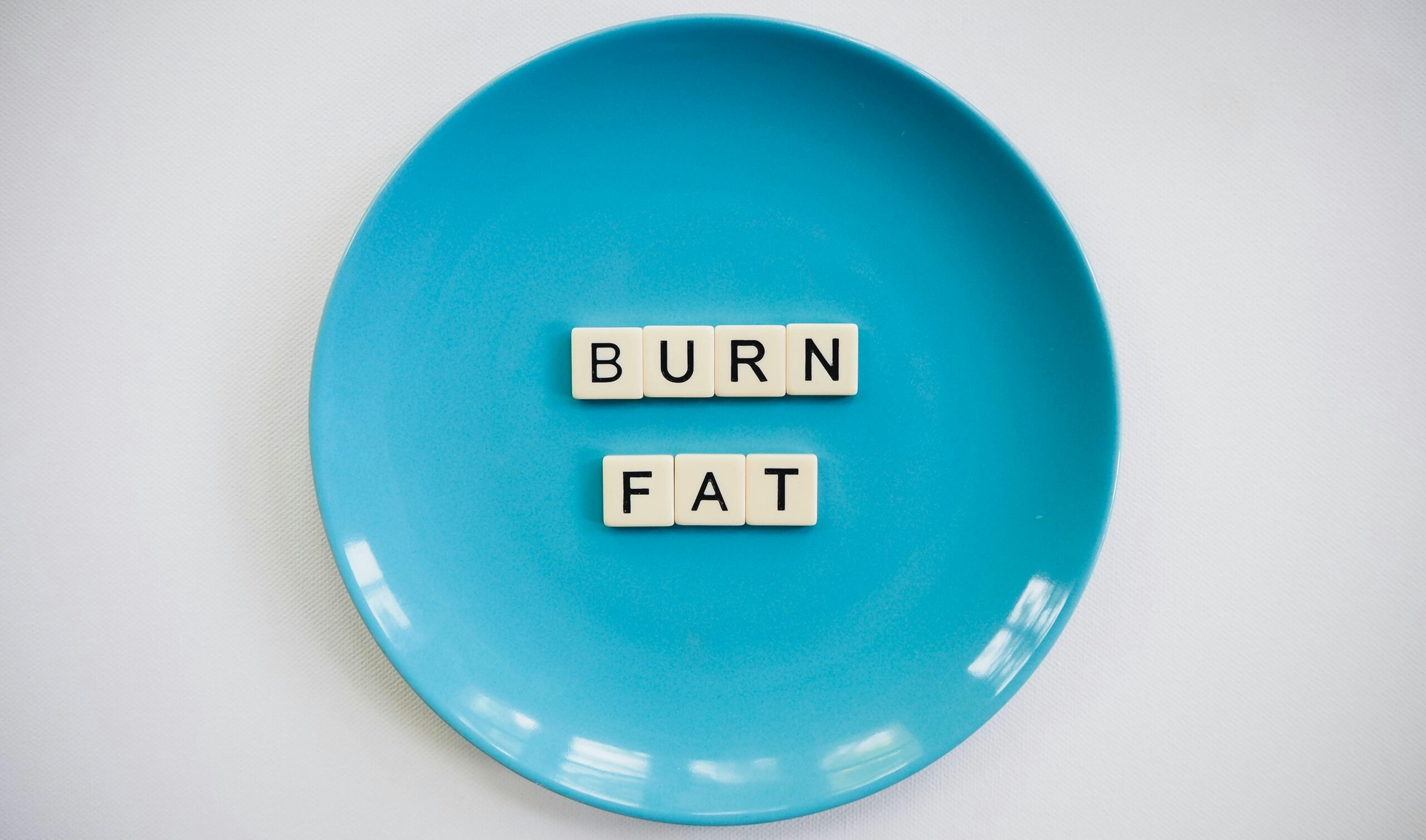Daily Calorie Intake: How Much Do You Really Need?
Maintaining the right daily calorie intake is crucial for staying healthy, managing weight, and supporting your body’s essential functions. Whether your goal is weight loss, muscle gain, or maintaining your current weight, understanding how many calories your body needs is the first step.

What Is Calorie Intake?
A calorie is a unit of energy. The food and drinks you consume provide calories, which your body uses for energy. Daily calorie intake refers to the total number of calories you consume in a 24-hour period.
Calories fuel your body for:
- Breathing
- Digestion
- Physical activity
- Brain function
- Cell repair
If you consume more calories than you burn, you gain weight. If you burn more than you eat, you lose weight.
Recommended Daily Calorie Intake
General Guidelines:
| Age Group | Gender | Average Daily Calorie Needs |
|---|---|---|
| Adults | Men | 2,500 calories/day |
| Adults | Women | 2,000 calories/day |
| Children | Varies | 1,000–2,200 calories/day |
Note: These are general estimates. Actual needs depend on your lifestyle, age, and health goals.
How to Calculate Your Daily Calorie Needs
To determine your ideal calorie intake, calculate your Total Daily Energy Expenditure (TDEE). This includes your:
- Basal Metabolic Rate (BMR) – the number of calories your body needs at rest.
- Physical activity level – calories burned through exercise and movement.
Step-by-Step Calorie Calculation:
- Find your BMR using the Mifflin-St Jeor Equation:
- For men:
BMR = 10 × weight (kg) + 6.25 × height (cm) - 5 × age + 5 - For women:
BMR = 10 × weight (kg) + 6.25 × height (cm) - 5 × age - 161
- For men:
- Multiply your BMR by your activity level:
- Sedentary (little or no exercise): BMR × 1.2
- Lightly active (light exercise 1–3 days/week): BMR × 1.375
- Moderately active (exercise 3–5 days/week): BMR × 1.55
- Very active (daily intense workouts): BMR × 1.725
This result is your TDEE—the total calories you need daily to maintain your weight.
Daily Calorie Intake for Weight Loss or Gain
For Weight Loss:
- Consume 10–20% fewer calories than your TDEE.
- Example: If your TDEE is 2,000 calories, aim for 1,600–1,800 calories.
For Weight Gain:
- Consume 10–20% more calories than your TDEE.
- Example: If your TDEE is 2,000, aim for 2,200–2,400 calories.
Healthy Calorie Sources
Focusing on nutrient-dense foods ensures your body gets essential vitamins and minerals, even when cutting calories.
Best Foods to Include:
- Whole grains (brown rice, oats, quinoa)
- Lean proteins (chicken, fish, tofu, eggs)
- Healthy fats (avocados, nuts, olive oil)
- Fruits and vegetables
- Legumes and beans
Foods to Limit:
- Sugary drinks
- Deep-fried foods
- Processed snacks
- Refined carbs
Why Calorie Quality Matters
Not all calories are created equal. A 500-calorie fast-food meal and a 500-calorie balanced meal affect your body differently.
High-quality calories:
- Keep you full longer
- Stabilize blood sugar
- Support muscle growth and repair
Daily Calorie Tracking Tips
- Use apps like MyFitnessPal or Cronometer
- Prepare meals at home to control portions
- Read nutrition labels
- Avoid mindless snacking
Common Myths About Calorie Intake
Myth 1: “All calories are the same.”
Truth: The source of calories affects your metabolism and hunger.
Myth 2: “Eating less is always better.”
Truth: Too few calories can slow your metabolism and cause nutrient deficiencies.
Myth 3: “Skipping meals helps cut calories.”
Truth: This often leads to overeating later and poor energy levels.
FAQs About Daily Calorie Intake
How many calories should I eat to lose weight?
It depends on your age, gender, activity level, and TDEE. A typical calorie deficit is 500 calories/day for sustainable weight loss.
Is it OK to eat below 1,200 calories?
Generally, no. Consistently eating fewer than 1,200 calories may cause nutrient deficiencies and a slowed metabolism.
Do men and women need different calorie intakes?
Yes. Men typically require more calories due to higher muscle mass and metabolic rate.
How accurate are calorie calculators?
They offer a good estimate but aren’t 100% precise. Monitor your weight and adjust intake as needed.
Can exercise help increase my calorie needs?
Absolutely. Physical activity increases your TDEE, allowing you to eat more while maintaining or losing weight.
Understanding your daily calorie intake is key to achieving your health and fitness goals. By calculating your TDEE and focusing on quality nutrition, you can eat smarter and live healthier. Whether you’re aiming to lose weight, gain muscle, or simply feel better, tracking your calories is a powerful tool for success.




